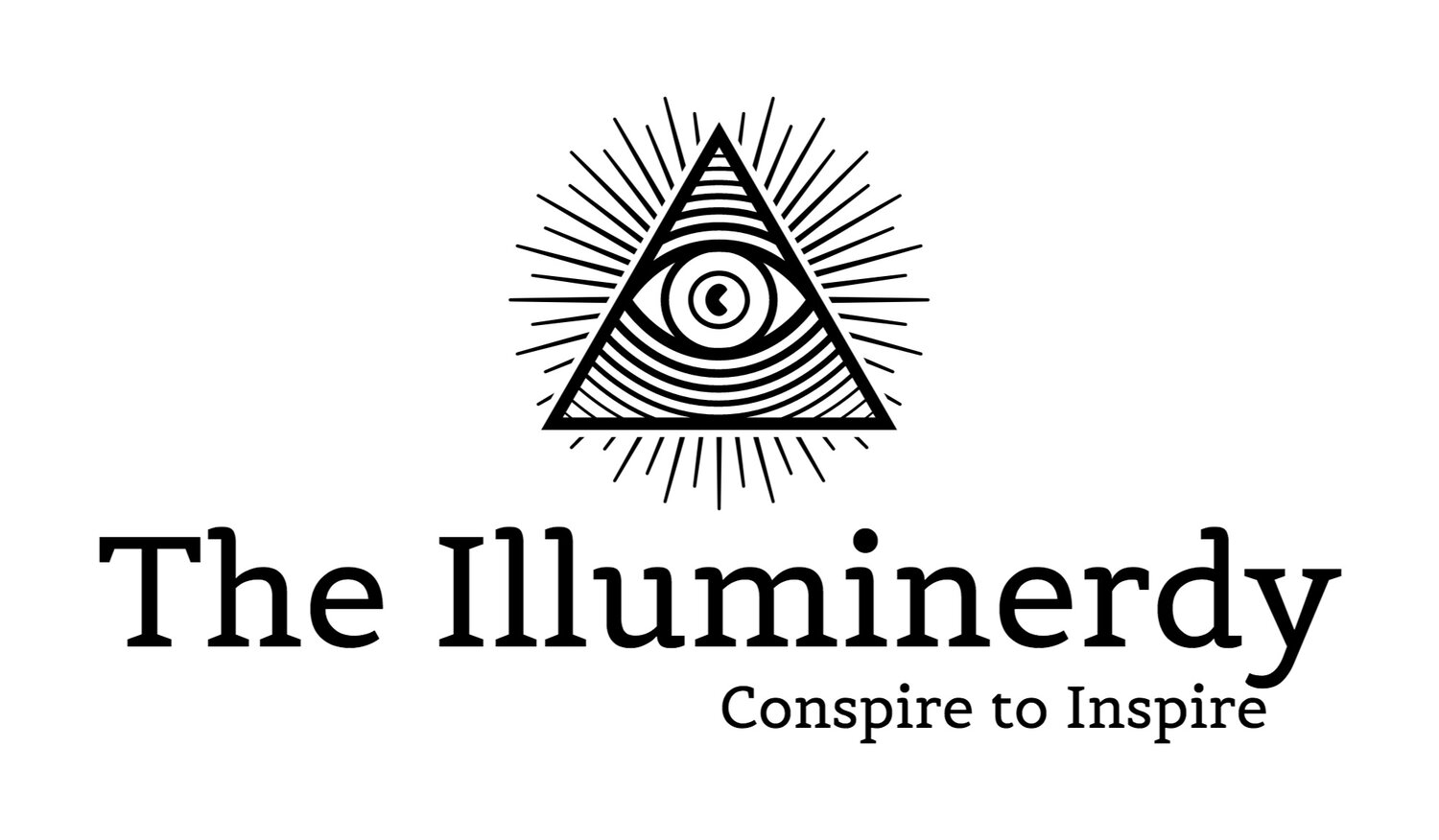Though the fact is sometimes forgotten in RPG campaigns, really memorable villains are people* too. The juicy bad guys are recalled and treasured not only for what they did, but for how they did it, and why. Their trademarks – their calling cards – are what set them apart from a run-of- the-mill thug. While the below is largely intended for GMs, players can definitely turn it on its head -- what better way to make your PC more memorable than a consistent trademark, used with panache!? ATTENTION PAID
Certainly, the game statistics of your campaign’s central scoundrels are important. However, a great fiend is not made of numbers and abilities, alone. Unforgettable villains need personalities, and those personalities often need to be accentuated (and sometimes exaggerated) to truly reach players in the context of a game. By giving major antagonists specific calling cards (and utilizing them repeatedly throughout your adventures), you can not only give your players clues as to the villains’ personality and motivations, but also give them something tangible with which they can track the character’s plots and movements within the campaign.
When time allows, it's a good idea to identify potential calling cards before you get to the table for your game, but there's no reason not to let these things grow organically when the situation demands. Players will sometimes fixate on a factoid that you considered a throw-away, assigning significance where you intended none. This is not a bad thing! The things that attract your players' attention(s) are the things they think are interesting. Even if you didn't intend for one of these things to be your villains' calling card (or, worse yet, if you didn't intend for the NPC in question to be a villain), roll with it.
RETROACTIVE BULLSHIT
It might be helpful to think of this kind of flexibility as just another way a good GM could/should think on his or her feet. That said, I think it's probably more illustrative to refer to this skill as "retroactive bullshit." After you describe the scene left after a particularly gruesome demonic attack on a seemingly innocent village, you might mention that flies crawl over the still-open eyes of one of the unfortunate victims. If this sort of thing elicits a shiver from the players, take note. If you didn't intend for the demon (or demons) in question to ever appear again, the players' visceral reaction might suggest that you need to reconsider. If you did, use the flies again! Take the throw-away reference and expand it -- instead of a single fly, now it's a swarm, hovering menacingly over the dead. You've already built the memory -- now use it to keep the players interested and invested.
CALLING CARDS
While the only thing absolutely necessary for your villain’s calling card is that it be memorable, there are at least three distinct types of calling cards that you can give them – incidental, reflective, and dependent.
An incidental calling card doesn’t necessarily tell your PCs anything about the villain. Although unique enough to set your villain apart, an incidental calling card can be hard to exploit for anything other than identification. By their nature, they don’t reveal anything about a villain’s methods or psyche. A noble with very large hands (or an unusual number of digits) may be easy to identify, but the trait can hardly tell you much about who he is or what he wants.
Reflective calling cards serve to illustrate some important part of your wrongdoer’s goals or schemes. They should display a desire or trait that is central to the role you intend your villain will play through the course of the campaign. Simply knowing what an NPC prefers can be a powerful weapon in the hands of your PCs. An example of a reflective calling card might be a wizard (wizardess? wizardette?) with a penchant for adorning herself with the teeth, bones, and claws of other humanoids. Although a bit heavy handed, your characters can immediately guess that the villain in question has a taste for necromancy.
Other calling cards present more than simple preference. This third type of calling card is so integral to who or what the villain is that he cannot act (or, at least, act efficiently) without it. This is a dependent calling card. Sometimes, as with a vampire’s lust for blood, the dependence is physical – an absolute necessity for survival. But it's just as good for the dependence to be merely psychological: it may represent a paralyzing fear of some every day occurrence, an obsession or infatuation, or a cackling madness brought on as by what should have been a crippling disaster. Regardless of the dependence’s ultimate source, this kind of calling card is the easiest to exploit, since it illustrates something that your PC’s foes need. It's something they just can't stop doing (or being), even if it might be in their best interest to do so.
Sound interesting? Give it a try next time you're behind the screen. You'll be glad you did.
* Loosely defined, anyway. Admittedly, they are also often monsters or inhuman demigods. Quit arguing with me, jerkface.

